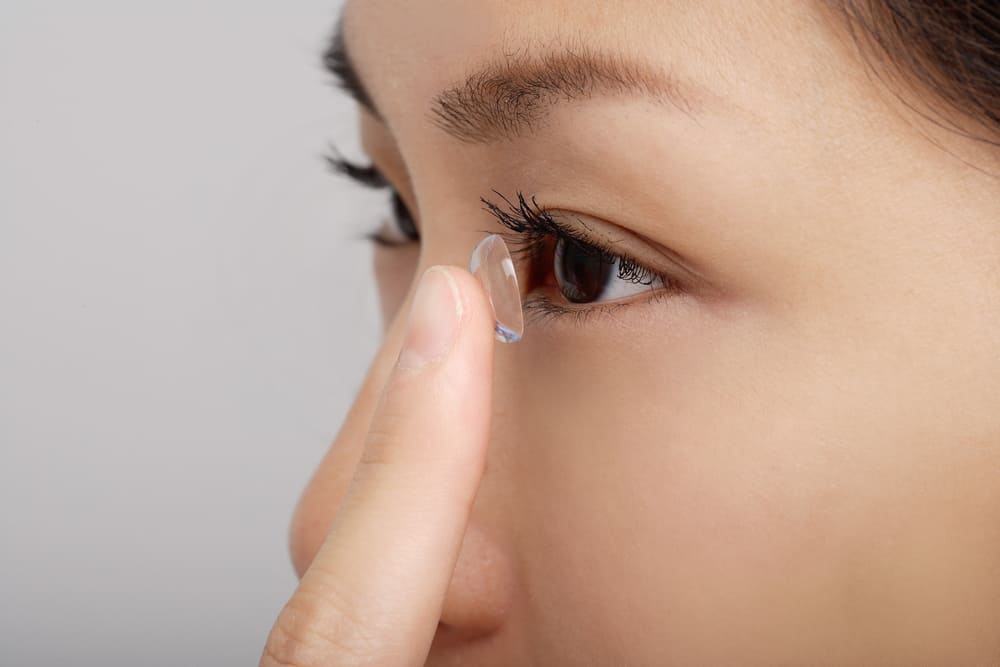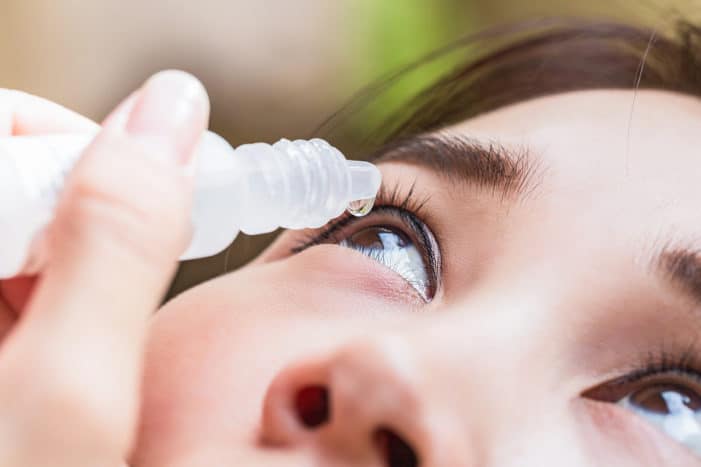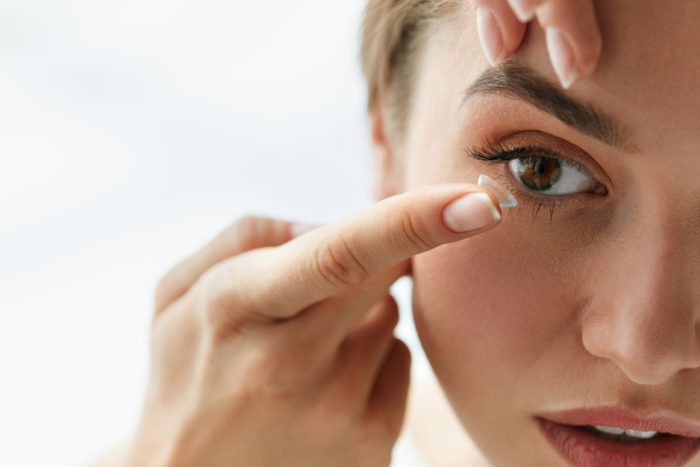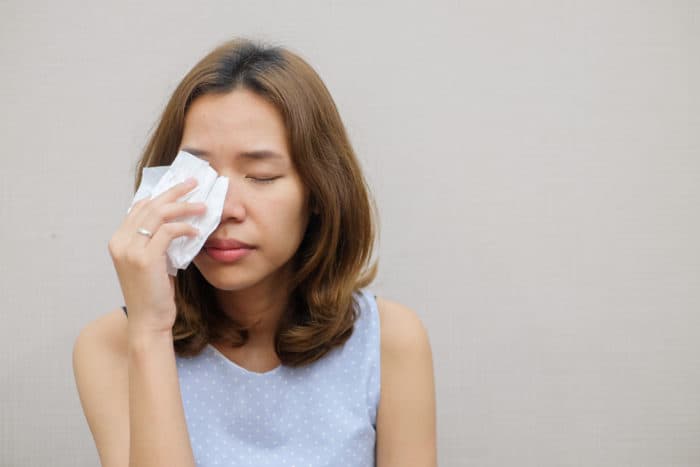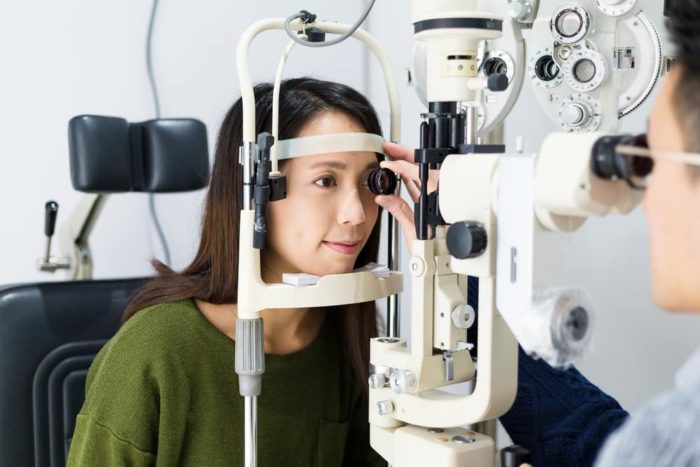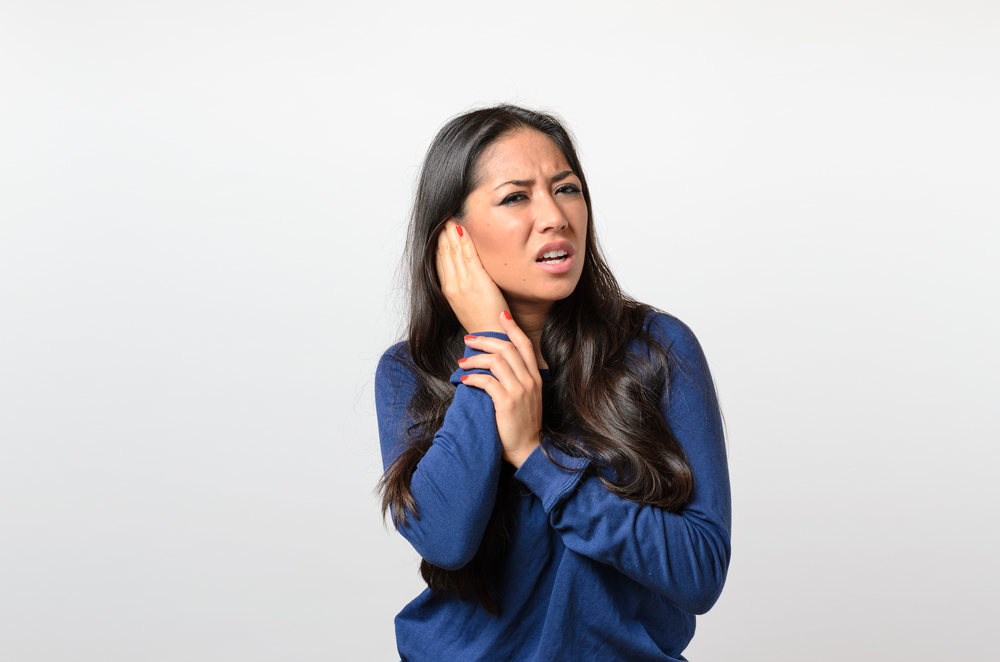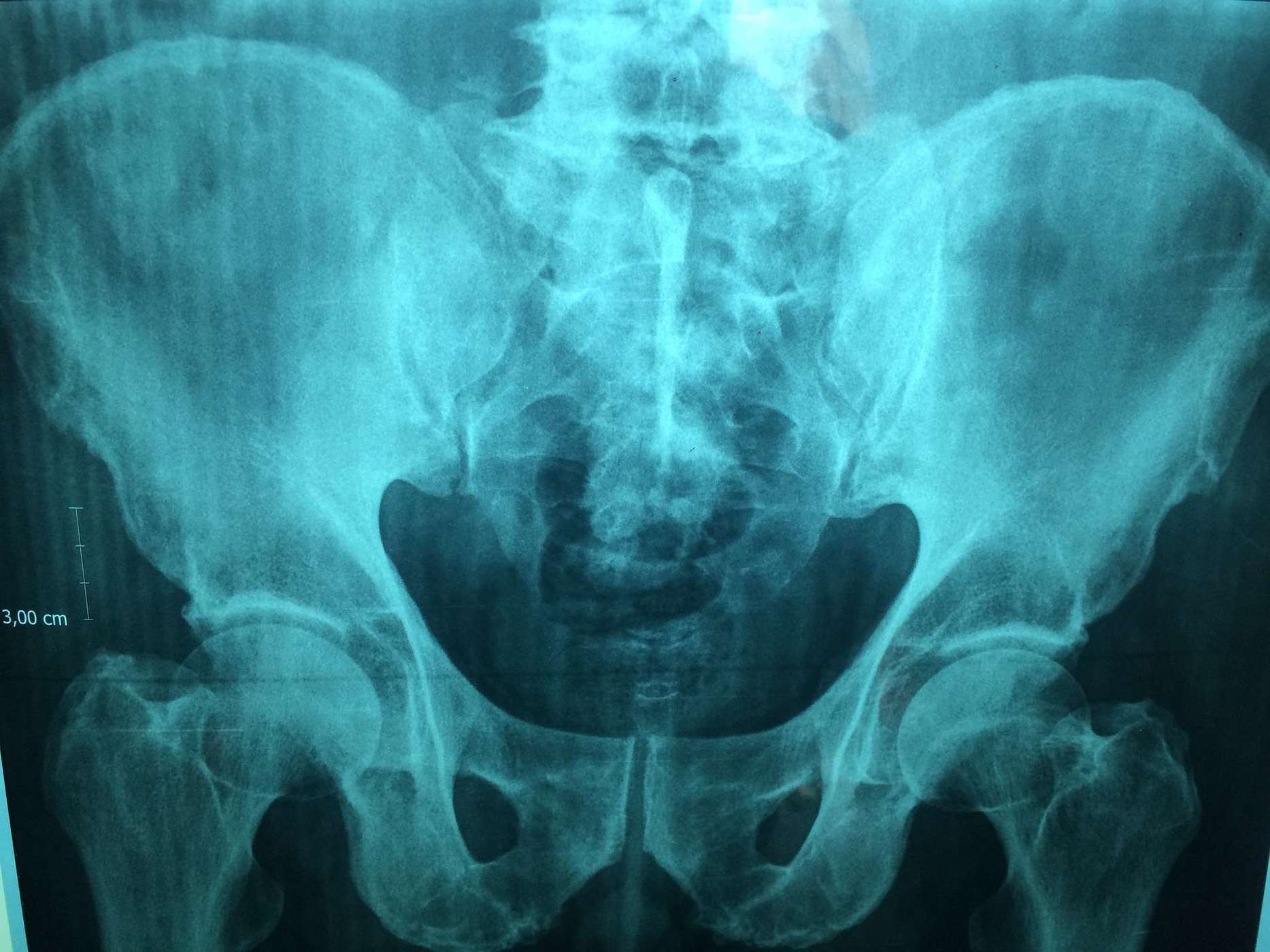Contents:
- Medical Video: Eye Problems : How to Relieve Eyes From Contact Lens Toxicity
- Tips to safely use contact lenses even though you have eye allergies
- 1. Keep your eyes moist
- 2. Clean contact lenses as often as possible
- 3. Replace with disposable contact lenses
- 4. Compress the eyes
- 5. Wear glasses
- 6. Check regularly for an ophthalmologist
Medical Video: Eye Problems : How to Relieve Eyes From Contact Lens Toxicity
People who have eye allergies often feel doubt when they want to use contact lenses. Without just using contact lenses, eye allergies can cause the eyes to feel itchy, runny, even swollen. This will certainly get worse if you wear contact lenses on a sensitive cornea. So, is there a safe way for allergy sufferers to use contact lenses? Consider the following review.
Tips to safely use contact lenses even though you have eye allergies
According to the American Academy of Ophthalmology, eye allergies are better known as allergic conjunctivitis. Allergic reactions occur when the eyes are exposed to various allergic triggers in the air, such as pollen, feathers, dust, smoke, perfume, or even food debris.
Wear contact lenses when a recurring eye allergy makes you feel uncomfortable. In fact, this can make your eyes itchy, red, runny, and swollen.
However, do not rush to worry first. You can still use contact lenses comfortably, really. The following is a safe guide to wearing contact lenses even though you have eye allergies, including:
1. Keep your eyes moist
Allergens that affect the eyes generally make the eyes dry. If left unchecked, this can make your eye allergy worse, especially if you wear contact lenses at the same time.
As a solution, make sure your eyes stay moist throughout the day. You can use artificial tears or eye drops to help rinse allergens and reduce eye irritation.
Artificial tears are generally sold freely on the market without having to redeem recipes. You can use these artificial tears as often as possible, even once every two hours if needed. The more often you use it, the smaller the possibility of allergens sticking to the surface of the contact lens.
2. Clean contact lenses as often as possible
Contact lenses that are often cleaned will make them free of allergens. But beforehand, consider the type of cleaning solution you use.
Some people have allergies to the preservative content in disinfectant fluids. So, use preservative-free disinfectant liquid to avoid possible allergic reactions.
Don't hesitate to use a disinfectant that is slightly more expensive as long as it's safe for your eyes. Ask your eye doctor for help to determine the type of disinfectant that does not trigger eye allergies.
3. Replace with disposable contact lenses
If you are accustomed to using contact lenses that can be worn for several months, you should switch to disposable contact lenses. Disposable contact lenses are generally safer for those of you who have allergies.
Semi-permanent contact lenses provide an opportunity for allergens to stick to the surface of contact lenses. The longer it is left to accumulate, the greater the likelihood that your allergies will recur and trigger eye irritation.
Well, if you use disposable contact lenses, your eyes will be better protected from exposure to allergens. Because after being used for several hours, you only have to throw it in the trash with the allergens attached. Thus, your eyes will be safer and healthier.
4. Compress the eyes
When your eyes are red and swollen, never rub them once. The habit of rubbing eyes can actually spread allergens and exacerbate inflammation around the eyes.
To be safer, compress your eyes with cold water to help relieve inflammation in the eyes. You can also put artificial tears in the refrigerator before using them with contact lenses. This way, your eyes will feel colder while reducing your red eyes.
5. Wear glasses
Allergens such as pollen and dust will be easier to stick to the surface of a thin contact lens. If you have already begun to not stand the allergic reactions caused, it never hurts to wear glasses occasionally.
In addition to avoiding allergic reactions, wearing glasses also provides an opportunity for your eyes to rest from contact lens patches every day.
6. Check regularly for an ophthalmologist
Even though the symptoms of eye allergy have been reduced, keep checking your eye health regularly. Your doctor may prescribe a number of eye drops that are more effective in reducing the allergic symptoms you feel.
Also consult the type of contact lenses that you are currently using. Because it could be, contact lenses that you use are no longer safe for your eye health.

